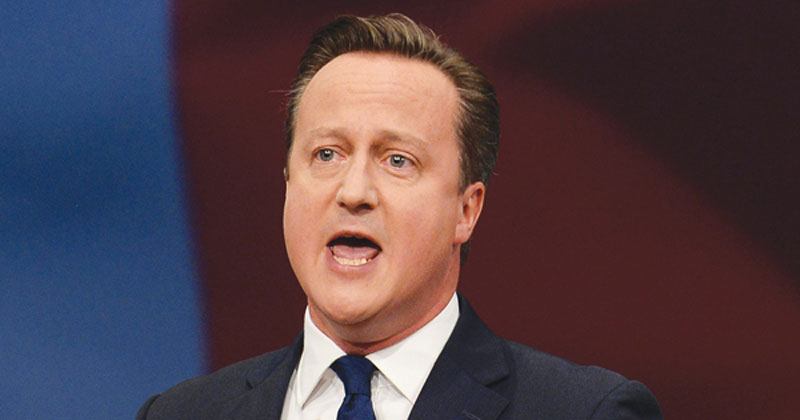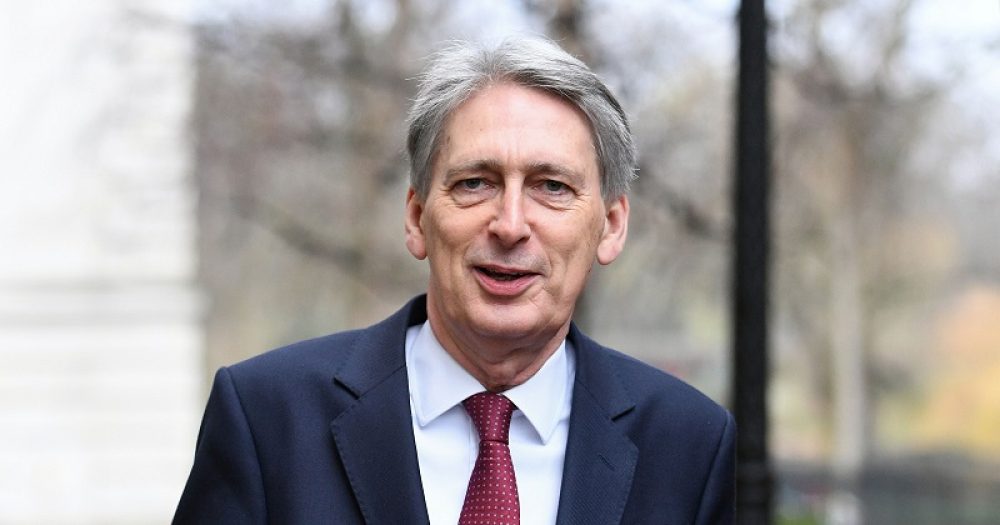More than £530 million will be set aside in this week’s budget to create new free schools and improve existing school buildings.
But the announcement has raised questions about the government’s pledge to open 500 new free schools by the end of this parliament.
Tomorrow’s budget is expected to include a funding announcement of £216 million to “help rebuild and refurbish existing schools”, plus £320 million for 140 new free schools – some of which could be part of the drive for more selective schools.
The infrastructure funding is additional to a £215 million hand-out to councils announced last week for adaptations for pupils with special educational needs and disabilities.
However, the two pots of funding combined amount to less than 8 per cent of the £6.7 billion the National Audit Office says is needed to bring schools up to a “satisfactory or better” condition.
The free school funding will help to meet a pledge made by the Conservative Party during the general election in 2015 to open 500 new free schools before the end of this parliament in May 2020,
According to the government, 124 free schools have opened since the election, with a further 243 “in the process” of opening – meaning a further 133 are needed to hit the 500 target.
The Treasury’s announcement is expected to provide funding for an additional 140 free schools but the government has said only 30 of those 140 schools will open by September 2020 – meaning the 500 “open” schools target will not be met.
The use of September 2020 as an end date for the target also extends the date past the original commitment – which was to have them opened before May 2020.
Delays to free schools have been frequent in past years – with at least 25 unable to open each year, often due to planning issues.

John Pugh, the Liberal Democrats’ education spokesperson, said the government had its priorities wrong in education, and said the new cash announced was “only going to make the attainment divide between local areas, and between richer and poorer children, worse”.
“If they can find extra money to spend on education they should be using it to reverse the devastating cuts to school budgets and give hard working teachers a pay rise – not pumping more and more money into a scheme which is simply not working and failing to deliver for the young people who need most support.”
According to officials, the £216 million for infrastructure investment comes on top of a £215 million hand-out to councils for adaptations for pupils with special educational needs and disabilities announced last week.
However, the two pots of funding combined amount to less than 8 per cent of the £6.7 billion the National Audit Office says is needed to bring schools up to a “satisfactory or better” condition.








It’s early in the morning and my brain’s not in gear yet, but doesn’t £320m for 140 new free schools work out at £2,285,714 per school? I can’t see how one new school can be set up for just over £2m especially when the NAO found the average cost of the 175 free school sites bought by the DfE is £4.9 million. That’s for the land – it doesn’t include building.
Is it me, or is the DfE, that’s got the sums wrong?
Given that the major and growing problem the education world faces is teacher recruitment and retention, this is as welcome as it would have been for a government to promise to build a handful of new, exclusive potato stores during the Irish potato famine.